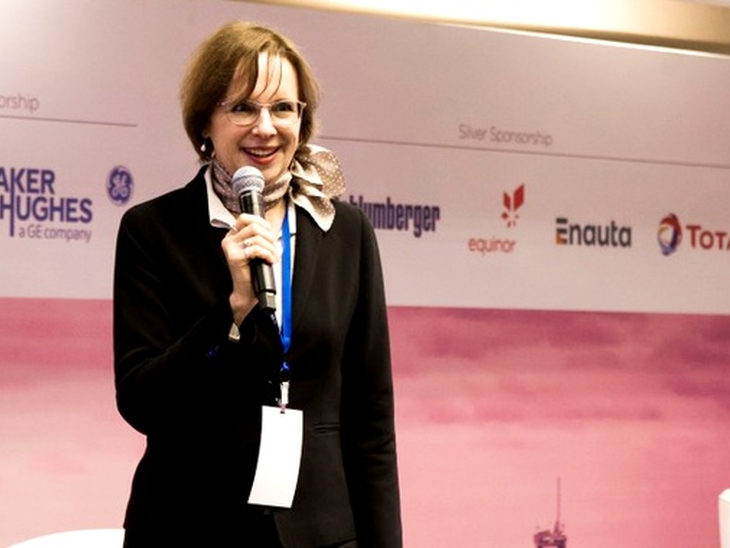
 Partnership
Partnership
T&B Petroleum/Press Office

Total, in partnership with the PUC-Rio Energy and Vehicle Development Center (CDEV), is developing a pioneering technology in Brazil for converting conventional diesel-electric vessels to an optimized hybrid propulsion. The project, which is scheduled to be completed in the first half of 2022, was designed with a focus on research and application of this power generation system in a support vessel of the PSV class 4500 type. The investment will be made by Total with the resources inherent to the Research, Development and Innovation Clause (PD&I) present in the concession contracts signed with the National Petroleum, Natural Gas and Biofuels Agency (ANP).
Started in January 2020, the project proposes the installation of a battery bank in parallel to the vessel's diesel generator sets, in order to alternate the use of diesel and battery for electricity generation. One of the differentials is that the dimensioning of this battery bank will be done in a
optimized in order to consider the vessel's real energy demand, in addition to its technical specifications. With this innovative strategy, it is expected to achieve a reduction in conversion costs, allowing this more economical model to be applied to other vessels in Brazil. Depending on the operation, a reduction of 40% in the use of diesel by the ship is projected and, consequently, a decrease of approximately 50% in the emissions of polluting gases (NOx and methane).
Different benefits of the hybrid system can be observed: the batteries absorb the great instantaneous variations in load, allowing the generators to operate in a more stable regime; and still have a much shorter response time than conventional engines, providing better control of the vessel.
"It is important to note that this project is among our first Research & Development partnerships with Brazilian universities and we are very optimistic about this promising work with PUC-Rio. Total believes in the value of the knowledge generated by universities in Brazil and wants to act every time more in the approximation between industry and academic environment, in order to promote innovation in the country. The industry knows its needs and has the technical expertise on its operations, which combined with the technological development capacity of universities have great power to transform and develop innovative solutions for the oil and gas sector ", analyzes Isabel Waclawek (photo), director of Research and Development at Total E&P do Brasil.
"Maritime support vessels, fundamental to our offshore operations, in addition to the costly consumption of diesel and heavy oil, have propulsion systems responsible for the emission of pollutants. One of the objectives of the Energy and Vehicle Development Center (CDEV) of PUC-Rio offers equipment with a focus mainly on reducing emissions and increasing energy efficiency, thus contributing to Total so that this new project is in line with the IMO 2020 standard of the International Maritime Organization and in force since the 1st January 2020. It determines the reduction of the sulfur limit in the fuel of vessels from 3.5% to just 0.5%, generating an annual decrease of approximately 8.5 million tons of sulfur oxide. emission reduction, Total, as a contractor for maritime support vessels, decided to go further and add science and technology to this global challenge through this innovative RD&I project ", refo Prof. Sérgio Braga, director of the Center for Development in Energy and Vehicles (CDEV) at PUC-Rio.
The hybrid boat project is structured in 3 stages: the first, in progress, contemplates the instrumentation of the boat, the development of a simulator to test the hybrid mode and analysis of safety risks and environmental impacts.
Scheduled to be completed in the second half of 2020, the second phase foresees the dimensioning of the battery bank, pre-tests in the laboratory of PUC-Rio and the installation of the hybridization system. The last stage, scheduled to be completed in 2022, will observe the monitoring of operational conditions and the quantification of reductions in fuel consumption and emissions by carrying out tests in the Lapa Field, operated by Total in the Santos Basin pre-salt layer. .
Part of the capital of the project will go towards the modernization of the PUC-Rio laboratory in Xerém, in Rio de Janeiro, which will gain new equipment and resources to advance research in the oil and gas segment.
Contact us